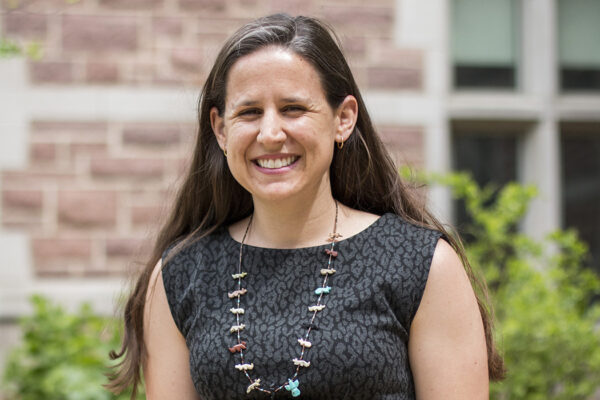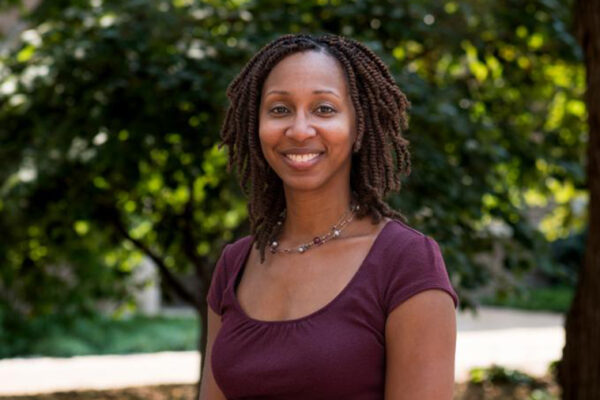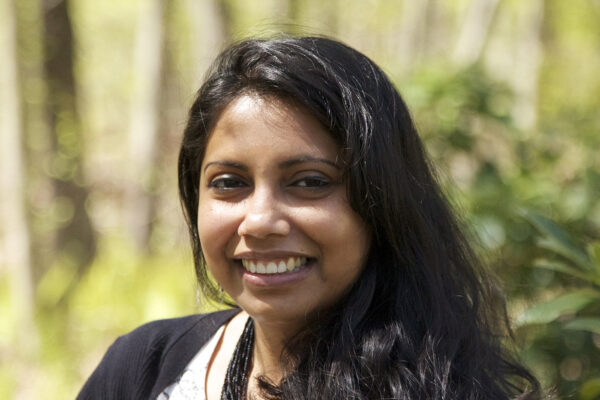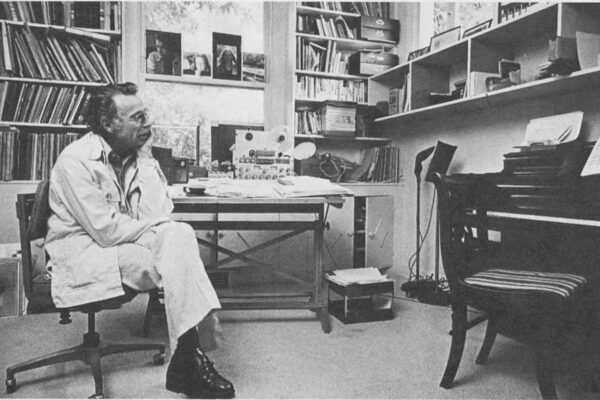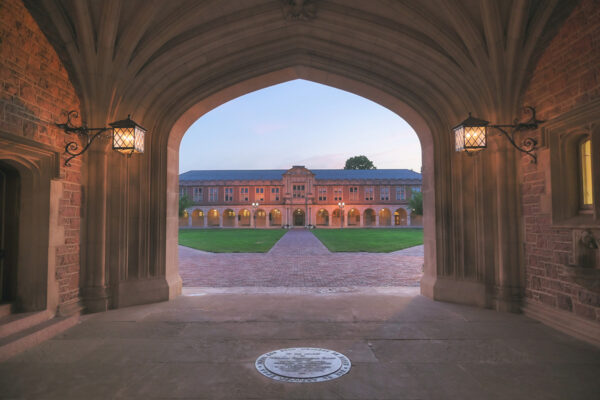University offers new bachelor’s degree in data science
Undergraduate students interested in data science can now earn a bachelor’s degree through the McKelvey School of Engineering or Arts & Sciences.
Sinclair named fellow of Society for Political Methodology
Betsy Sinclair, professor of political science in Arts & Sciences, has been named a fellow of the Society for Political Methodology. The recognition acknowledges Sinclair’s outstanding scholarly contributions to the development of political methodology.
Carl Wellman, professor emeritus in Arts & Sciences, 94
Philosopher Carl Wellman, the Hortense and Tobias Lewin Distinguished University Professor Emeritus in the Humanities in Arts & Sciences, died of natural causes July 17 at St. Mary’s Hospital in St. Louis. He was 94.
Wingfield receives career award
Adia Harvey Wingfield, associate dean for faculty development and the Mary Tileston Hemenway Professor of Arts & Sciences, is the 2021 recipient of the American Sociological Association’s Race, Gender and Class section’s Distinguished Career Award.
Muddied waters: sinking organics alter seafloor records
The remains of microscopic plankton blooms in near-shore ocean environments slowly sink to the seafloor, setting off processes that forever alter an important record of Earth’s history, according to research from geoscientists, including David Fike in Arts & Sciences.
Mothers may face increased workplace discrimination post-pandemic, research warns
Inflexible schedules and biased hiring practices, combined with gendered cultural norms around breadwinning and caregiving, lead to discrimination against mothers and perpetuate existing gender inequalities in the workplace, finds two new studies from Arts & Sciences.
Arpita Bose
For microbiologist Arpita Bose, associate professor of biology in Arts & Sciences, science is a collaborative endeavor. Her lab focuses on microbial metabolisms, taking an interdisciplinary approach to address issues related to energy and sustainability.
Robert Wykes, professor emeritus of music, 95
Renowned composer Robert Wykes, professor emeritus of music in Arts & Sciences, died June 29, 2021, in St. Louis. He was 95.
New student representatives named to Board of Trustees
The Washington University Board of Trustees has four new student representatives for 2021-22. The undergraduate representatives are Tennyson Holmes and Gaby Smith; the graduate student representatives are Bryanna Brown and Kendall Burks.
Acree appointed interim co-director of race, equity center
William Acree, professor of Spanish in Arts & Sciences, has been appointed interim co-director of the Center for the Study of Race, Ethnicity & Equity (CRE2) at Washington University. Acree has served as a CRE2 associate director since the center’s founding in 2019.
View More Stories

